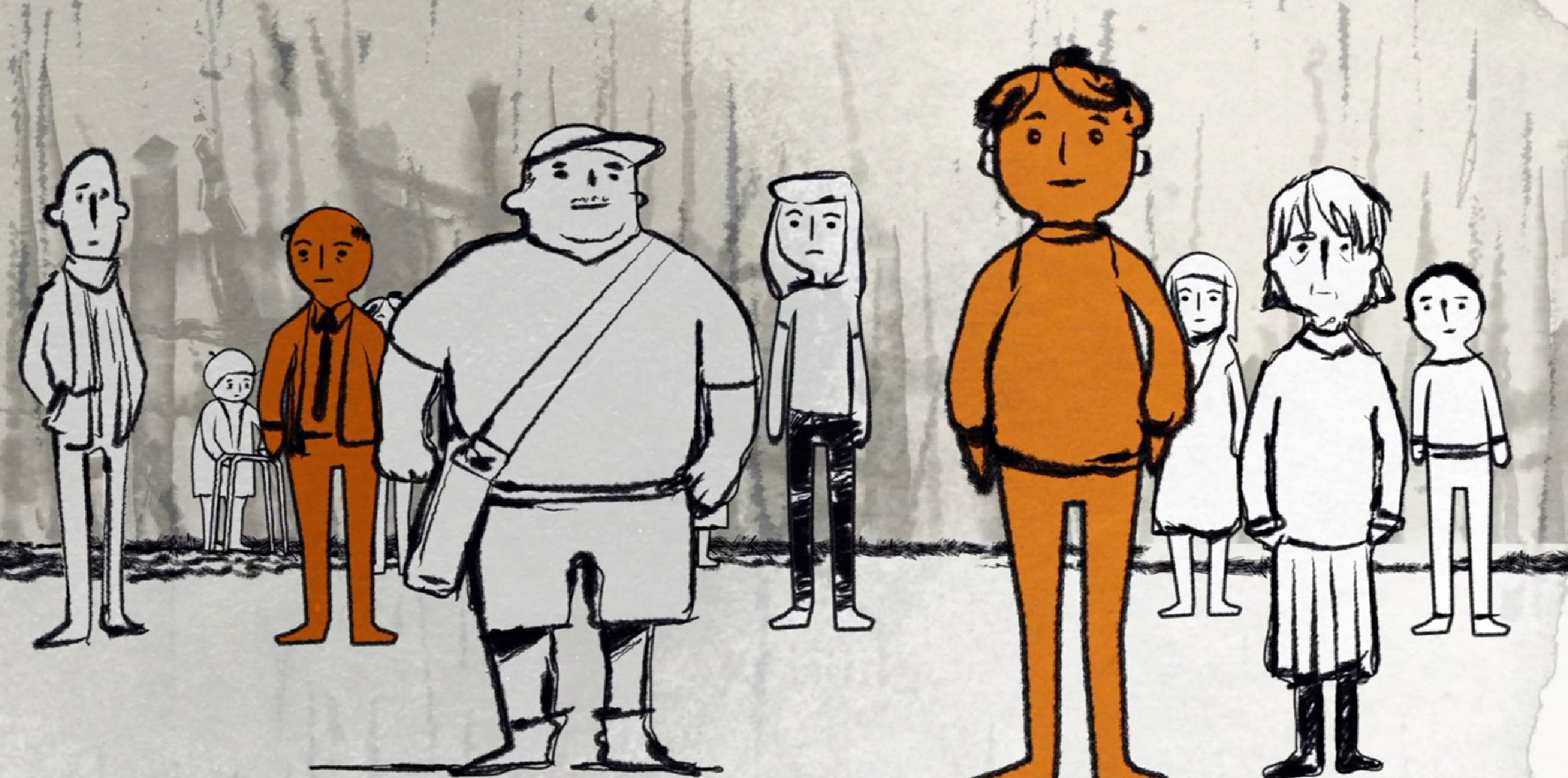Evidence
Evidence and Impact
Traumatic experiences affect most people at some stage in life, yet we often won’t know about people’s experiences, and the impact of trauma is unique to each of us.
Trauma has consistently been associated with poorer outcomes across the widest range of areas including preventable disease, mental health, education, social outcomes, and many more.
Trauma can impact our ability to feel safe in relationships, to manage strong emotions, and to view ourselves as worthwhile. Many settings can unwittingly provoke strong reminders of the trauma we experienced. For these reasons, and many more, trauma can create invisible barriers to most services and opportunities in life.
Trust is the biggest issue. I decided at onset I would be honest and have stuck with that. If I am giving honesty, I want that back. I am lucky, I get that. I ask questions and I get honest answers. For someone who has my background, trust will be broken easily. You have never had it your entire life.
What is the Prevalence of Psychological Trauma?
The very nature of psychological trauma means that we often don’t report or tell other people about what has happened to us. This is particularly the case for children who may be too young, too scared or too ashamed to tell anyone what is happening to them. Providing an accurate measure of the prevalence of trauma is therefore difficult and the following figures are likely to be a significant under-representation.
- 1 in 7 people in Scotland report having experienced four or more adverse events in childhood.
- Almost 40% of all sexual crimes recorded by police in Scotland in 2020-21 related to a victim under the age of 18.
- 53% of people with a diagnosis of severe mental illness report experiencing lifetime sexual abuse or physical abuse in a large systematic review.
- 91% of women in Scottish prisons report both childhood and adulthood trauma, 51% reported they had been sexually abused.
Don’t try to make it right, but hold people in their pain and remind them they won’t be crushed by the pain.
What difference does a trauma-informed approach make?
By taking a trauma-informed approach we can use universal principles to help us to recognise the impact trauma may be having on the people we aim to work with and respond in a way that supports recovery whilst doing no further harm.
In 2023, the Scottish Government commissioned a review of the international evidence on enablers and barriers to trauma-informed approaches. The review highlights the following findings:
For people with lived experience of psychological trauma, trauma-informed approaches can:
- improve wellbeing;
- reduce emotional difficulties for children and young people;
- have a positive impact on families and caregivers;
- increase knowledge and skills of people with experience of trauma;
- improve access to specialist treatment or services where required;
- increase completion rates of treatment; and
- result in a reduction in the experience of seclusion and physical restraint.
For the workforce, trauma-informed approaches can have a positive impact on:
- staff wellbeing and satisfaction;
- improved communication and collaboration between systems and services;
- increased confidence, knowledge and skills in relation to responding to psychological trauma.
Building the Evidence Base
Through the NTTP we are continuing to work with partners to seek opportunities to build the evidence base through pathfinder projects, case studies and small-scale trials. Click on the links below to find out more.
